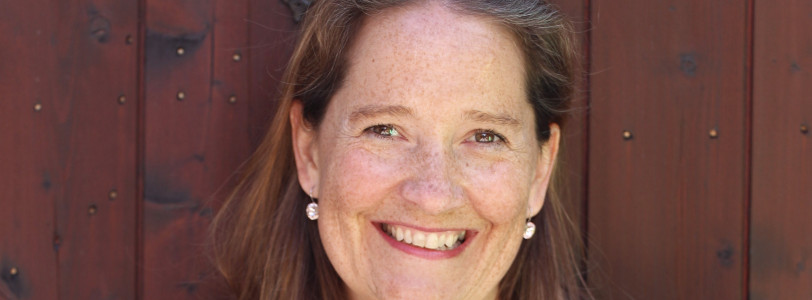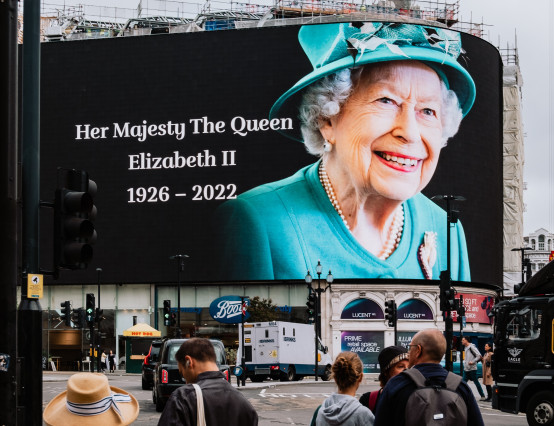Carolina Mountford grew up in an environment she described as “volatile and unstable.” Her father was a functioning alcoholic. Her mother was physically abusive, emotionally suffocating and focused on the notion that being skinny meant being desirable and equated to value. She spoke poorly of people who were overweight and discouraged Carolina from expressing any “negative emotions.” She put Carolina on a diet when she was nine.
From an early age, there was a lack of stability in Carolina’s life. Between the ages of seven and thirteen, she had lived in five different countries and gone to eight different schools, using three different languages.
Her parents were both of different nationalities, and being a “3rd culture kid” left her feeling nomadic and like her identity was completely nonexistent. She was often compared to her brothers and never quite felt enough or wanted for who she was.
In her early teens, she discovered that she had been named after an older sister who had died, and her whole world fell apart. After that, she started playing with her food, dieting more seriously, and it escalated from there.
When she was 17, her parents moved back to Ecuador, leaving her under the care of her brother, who was working and rarely home. This isolation gave her eating disorders the opportunity to take over.
“Eating disorders thrive in isolation, so it was the perfect environment for it to thrive and get its claws into me,” Carolina said.
In her early twenties, she was raped. Too afraid to say anything, too ashamed, she told no one of her misfortune and suffered in silence. For a while, she turned to alcohol in an attempt to drown her feelings, but she had seen firsthand what this could do to a family and quite frankly couldn’t deal with the hangovers and wanted to focus on her degree. Too terrified to turn to drugs, Carolina’s traumas manifested in her relationship with food in the form of both anorexia and bulimia.
“I didn’t have any healthy coping mechanisms,” Carolina said. “Without ways of dealing with things, you are going to fall into unhealthy, destructive behaviours and patterns. My eating disorder was not a diet gone wrong; it was a coping mechanism.”
Carolina’s parents didn’t know what she was going through while they were an ocean away. She was so unwell that she had to quit her job, and finally, her best friend’s mother stepped in.
She staged an intervention and told Carolina that her parents needed to know what was going on. She didn’t want to inform them without Carolina’s knowledge but would do so without her consent. Enough was enough, and Carolina needed help.
“That was the pivotal moment for me to actually think about my life and what I wanted.” Carolina said. “I thought, ‘I need to sort this out. I need to get better.’”
After this intervention, Carolina tried to get help, but the doctors and mental health services turned her away because they said she wasn’t sick enough, and her first two attempts at seeing a therapist did not go well either. Again, she was forced to suffer alone.
Carolina functioned and got by for a while, but after a few years, her friends grew concerned for her. They suggested she see a therapist, which she did, but not without hesitation. While she did see a therapist, the sessions were for the other mental traumas she had sustained, not her eating disorders.
After two years with her therapist, they began to work through the rape that had happened years before. Simultaneously, she was made redundant, debt crept in, and these combined stressors triggered a massive relapse of her eating disorders. Quickly, Carolina lost a lot of weight, and this was when she and her therapist started to tackle her relationship with food head-on.
‘“Having been turned away from services before, I didn’t want to see a doctor,” Carolina said. “I couldn’t risk being invalidated again or made to feel like a fraud.”
So, Carolina and her therapist worked together without the help of a doctor. Her therapist was not an eating disorder specialist, and Carolina said she could have used more professional input, but the help and dedication from someone who believed in her recovery was enough.
Slowly but surely, Carolina started to recover, physically and mentally. With a lot of hard work and dedication, she pulled herself out of the abyss and started down the road to recovery. Having made it out of the darkest part of her life, Carolina has now been free from her eating disorders for 18 years. She now works as an eating disorders expert and mental health advocate and speaker.
After studying psychology at Exeter University, Carolina undertook several counselling courses, helped to lead eating disorder recovery courses and now delivers talks and workshops on various aspects of mental illness. She does all this while raising awareness of and helping to end the stigma so often associated with these conditions.
She is fiercely passionate about communicating with people that freedom really is possible.
“I find it disheartening when I hear people say that they've got to live with this for the rest of their lives, or they have to manage it, or cope with it or live alongside it,” Carolina said. “Recovery is complicated, but it is possible.”
Carolina emphasises that food and weight are very rarely the starting point for an eating disorder to develop. An eating disorder is an emotional response to trauma. Anyone struggling is worthy of support and treatment regardless of what disorder or how physically evident it may or may not be.
“We mustn't trivialise or mislabel eating disorders as lazy or greedy or a vanity project,” Carolina said. “We would do well not to stereotype. There is no hierarchy; they are all life-limiting, all distressing and all as serious.
Ultimately, Carolina understands firsthand that eating disorders are incredibly complex and can leave people feeling hopeless. But as someone who has not just survived her traumatic past but thrived, she implores that anyone who is struggling never gives up hope.
Recovery is complicated but possible. You cannot rush it and should not compare it to anyone else’s experience because what works for one person may not work for another. Communicate as much as you can and let people help you.
Know that when you come face to face with unpleasant and difficult situations, it is not the person struggling who is speaking but the eating disorder, and to provide them with the most effective support, we need to try and separate the two, Carolina said.
“Eating disorders are diagnosable, complex mental illnesses,” Carolina said. “They are not a diet gone wrong. They are not a choice. They are not for attention. Food is merely the vehicle for the illness; it could just as easily be any other thing.”
——
If you or a loved one is struggling with an eating disorder, or you are caring for someone who is, you can use Beat’s helpline 365 days a year or try Beat’s one-to-one webchat.
You can reach Carolina Mountford at https://www.carolinamountford.com/ for additional support or questions.








0 Comments